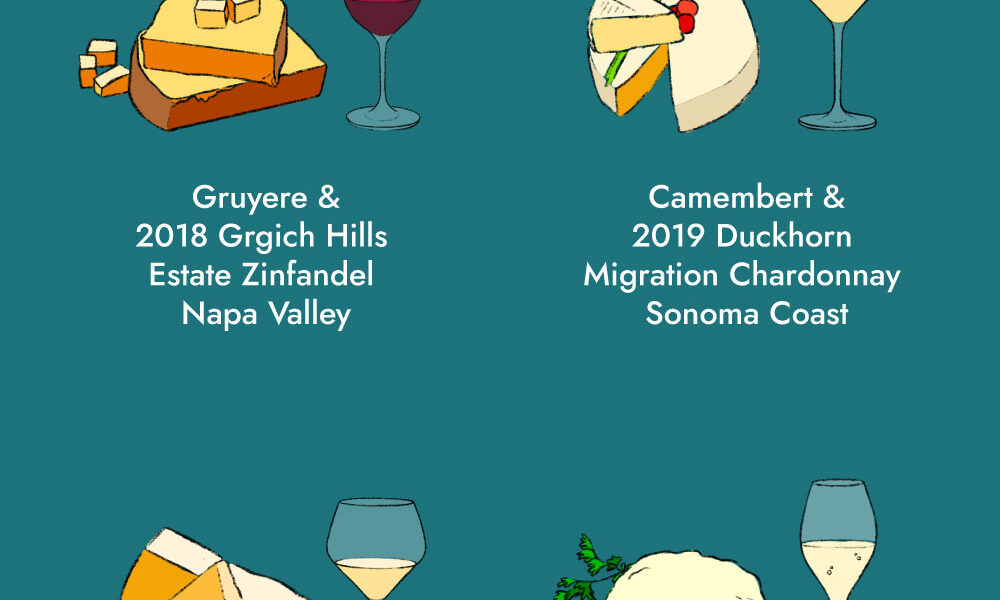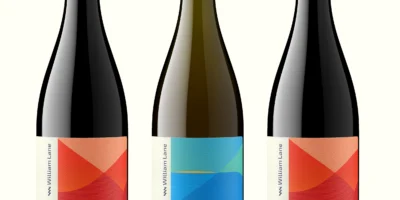Fine wine and fine cheese should be natural partners, right? Both are artisanal, both involve fermentation, both have terroir and tradition. In theory, perfect match.
In practice, it’s complicated. I’ve had some transcendent pairings and some absolute disasters with bottles and wedges that both cost too much.
The Problem With “Fine” Wine
The more expensive and complex a wine, the more you want to taste its nuances. Great Burgundy has subtlety. Aged Barolo has layers. First-growth Bordeaux has elegance.
Strong cheese bulldozes all of that. Your hundred-dollar Côte-Rôtie doesn’t stand a chance against Roquefort.
This is why serious wine people often separate wine courses from cheese courses. You drink the great bottles with dinner, then bring out cheese with something simpler afterward.
Pairings That Actually Work With Fine Wine
Aged Burgundy with Époisses: Both from the same region, similar earthy funk. The wine needs to be fairly robust Burgundy though – a delicate Volnay gets lost.
Sauternes with Roquefort: Classic for a reason. The sweetness of the wine against the salty blue cheese is incredible. This might be the best fine wine and cheese pairing in existence.
Vintage Champagne with Comté: The nuttiness of aged Comté echoes the biscuity notes in aged Champagne. Elegant match.
Aged Barolo with Parmigiano-Reggiano: Both Italian, both aged, both have that nutty-savory character. The firm cheese handles tannins better than soft cheese.
First-growth Bordeaux with Cantal: French alpine cheese that’s firm, nutty, not too strong. It complements without competing.
What To Avoid
Delicate wines with strong cheese. That subtle aged Burgundy you’ve been saving? Don’t pair it with blue cheese. The cheese wins and you’ve wasted the wine.
Tannic young wines with soft creamy cheese. The fat and tannins react badly. Your young Cabernet will taste harsh with Brie.
Overly complex wines with overly complex cheese. Sometimes you get flavor chaos instead of harmony. Simpler is often better.
My Approach
When I open an expensive bottle, I don’t serve cheese with it at all. I want to taste the wine.
If I want a wine and cheese experience, I use good but not precious bottles. Twenty to thirty dollar wines where I’m not worried about missing nuance.
For really special cheese, I’ll open something special to match – but I plan the pairing specifically. Sauternes bought for Roquefort. Aged Champagne bought for aged Comté.
The spontaneous “let’s open that nice bottle and have some cheese” move rarely works out. The best pairings are intentional.



